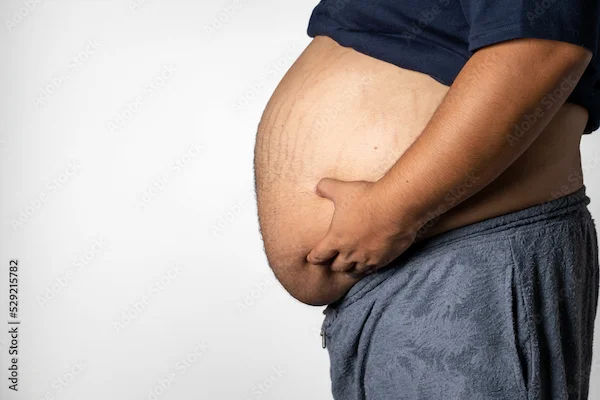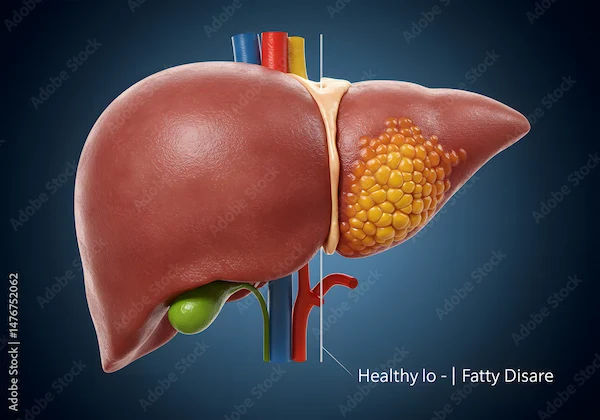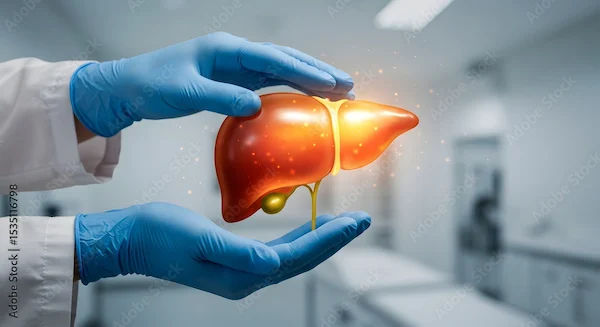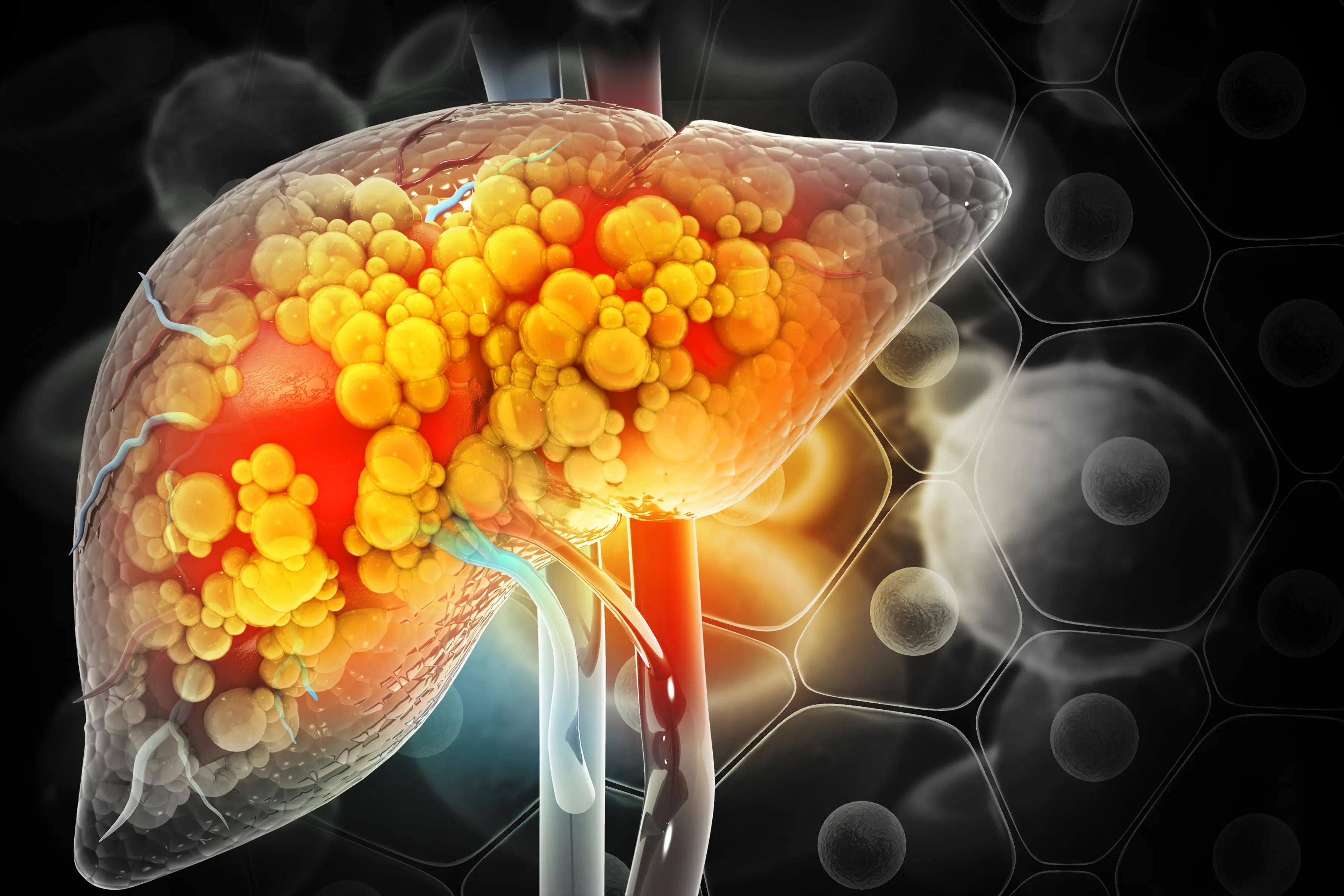Diet Guidelines for Fatty Liver Disease
Know about the guidelines of diet for fatty liver disease, symptoms, types and how diet affects the fatty liver and more.

Written by Dr. Siri Nallapu
Reviewed by Dr. Shaik Abdul Kalam MD (Physician)
Last updated on 12th Aug, 2025

Introduction
Fatty liver disease is a common condition where excess fat builds up in the liver. While it can be harmless in early stages, if left untreated, it may lead to liver inflammation, scarring (cirrhosis), or even liver failure. The surprising part? A healthy diet and lifestyle changes can help manage and even reverse fatty liver disease.
In this article, we’ll discuss what fatty liver disease is, how diet plays a crucial role in managing it, and simple food choices that can support liver health.
Understanding Fatty Liver Disease
Fatty liver disease occurs when fat accumulates in liver cells. There are two main types:
1. Non-Alcoholic Fatty Liver Disease (NAFLD) – Caused by factors like obesity, insulin resistance, and poor diet.
2. Alcoholic Fatty Liver Disease (AFLD) – Caused by excessive alcohol consumption.
Since NAFLD is more common, we’ll focus on dietary changes that help manage it.
Consult General Practitioner for Personalised Advice
Symptoms of Fatty Liver Disease
Early stages may not show symptoms, but as it progresses, you may experience:
Fatigue
Abdominal discomfort (right side)
Unexplained weight loss
Weakness
If you notice these signs, consult a doctor for proper diagnosis.
How does Diet affect fatty Liver Disease?
The liver helps process nutrients, filter toxins, and regulate metabolism. A poor diet high in sugar, unhealthy fats, and processed foods can worsen fat buildup. On the other hand, a balanced diet can help reduce liver fat and improve function.
Foods to Eat for a Healthy Liver
1. Fruits & Vegetables
Leafy greens (spinach, kale) – Rich in antioxidants.
Berries (blueberries, strawberries) – Reduce inflammation.
Cruciferous veggies (broccoli, cauliflower) – Support liver detox.
2. Whole Grains
Oats, brown rice, quinoa – Provide fibre, which helps control blood sugar.
3. Lean Proteins
Chicken, fish (especially fatty fish like salmon), tofu – Support muscle health without adding unhealthy fats.
4. Healthy Fats
Nuts (walnuts, almonds), seeds (flaxseeds, chia seeds), olive oil – Reduce liver inflammation.
5. Herbs & Spices
Turmeric, garlic, ginger – Have anti-inflammatory properties.
Foods to Avoid
1. Sugary Foods & Drinks
Sodas, candies, pastries – Excess sugar converts to fat in the liver.
2. Refined Carbs
White bread, pasta, white rice – Spike blood sugar levels.
3. Fried & Processed Foods
Fast food, packaged snacks – Contain unhealthy trans fats.
4. Excessive Alcohol
Even small amounts can worsen liver damage.
Lifestyle Tips to Support Liver Health
Along with diet, these habits can help manage fatty liver disease:
Lose Weight Gradually – Losing 5-10% of body weight can reduce liver fat.
Exercise Regularly – Aim for 30 minutes of walking, cycling, or yoga daily.
Stay Hydrated – Water helps flush out toxins.
Limit Alcohol – If you have NAFLD, avoid alcohol completely.
Control Diabetes & Cholesterol – Manage underlying conditions with a doctor’s guidance.
When to See a Doctor
If you’re experiencing symptoms or have risk factors (obesity, diabetes, high cholesterol), consult a healthcare provider. Early detection and lifestyle changes can prevent complications.
Final Thoughts
Fatty liver disease is manageable with the right diet and lifestyle changes. By choosing whole, nutrient-rich foods and avoiding processed, sugary, and fatty foods, you can support your liver and overall health.
Consult General Practitioner for Personalised Advice
Consult General Practitioner for Personalised Advice

Dr Suseela
General Physician
5 Years • MBBS
Bengaluru
Apollo Medical Center, Marathahalli, Bengaluru

Dr. Mainak Baksi
General Practitioner
13 Years • MBBS , MD (MPH)
Howrah
Mainak Baksi Clinic, Howrah
(50+ Patients)
Dr. Gaddam Manoj
General Practitioner
1 Years • MBBS
Hyderabad
Aaradhya clinic, Hyderabad
Dr. Sahana B
General Practitioner
3 Years • MBBS
Koppal
Khushi multi-speciality hospital, Koppal
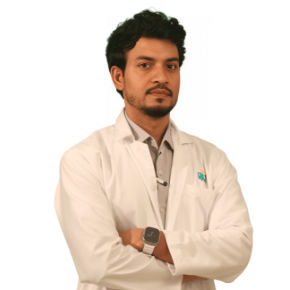
Dr. Tanmaya Kumar Sahu
General Physician/ Internal Medicine Specialist
12 Years • MBBS, MD ( Internal Medicine )
Bhubaneswar
Apollo Hospitals Old Sainik School Road, Bhubaneswar
